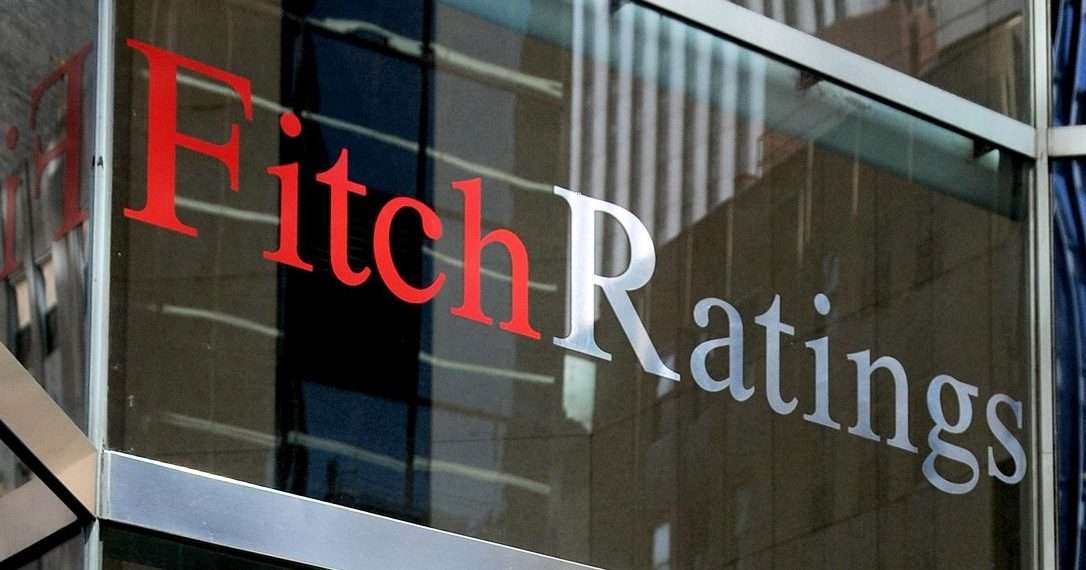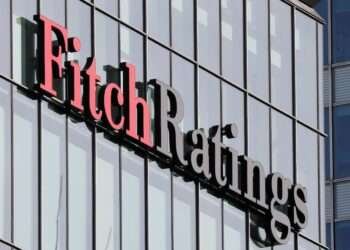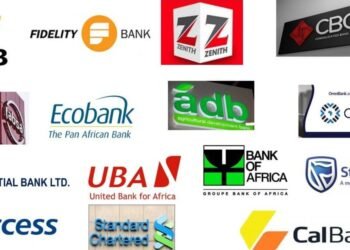In a recent assessment, Fitch Ratings revised the outlook on FBN Holdings Plc and its primary operating subsidiary, First Bank of Nigeria Limited (FBN), from stable to positive, while affirming their Long-Term Issuer Default Ratings (IDRs) at ‘B-‘.
This adjustment reflects a broader positive shift in Nigeria’s sovereign outlook and signals potential improvements in the standalone creditworthiness of these institutions.
Fitch’s decision to revise the outlook to positive is largely influenced by the recent positive changes in Nigeria’s economic landscape. The ratings agency noted that the country’s sovereign outlook has been upgraded, which is likely to reduce the constraints on FBN and FBNH’s credit profiles in the near term. The affirmation of the National Long-Term Ratings at ‘A’ with stable outlooks further underscores the institutions’ robust performance amidst challenging economic conditions.
According to Fitch, the IDRs for FBN and FBNH are primarily driven by their standalone creditworthiness, as indicated by their Viability Ratings (VRs). The VRs reflect significant factors such as high sovereign exposure relative to capital and the concentration of operations within Nigeria. These ratings also balance a strong franchise, healthy profitability, and a stable funding profile against high credit concentrations and thin capital buffers.
The economic landscape in Nigeria has been undergoing substantial changes, particularly following the election of President Bola Tinubu in May 2023. The new administration has implemented key reforms, including the reduction of fuel subsidies and significant changes in monetary policy. One of the most notable adjustments has been the devaluation of the naira by over 65%.
While these reforms are seen as positive steps toward enhancing Nigeria’s creditworthiness and improving liquidity in the foreign exchange market, they also introduce near-term challenges for the banking sector. The devaluation of the naira, in particular, has had a substantial impact on the financial sector, affecting both the asset quality and the operational stability of banks like FBN.
Strong Franchise and Revenue Diversification
Despite these challenges, FBN has maintained a strong position within Nigeria’s banking sector. It is the third-largest bank in the country, holding 10.7% of the banking system’s assets at the end of 2023.
Fitch highlighted that FBN’s strong franchise supports a stable funding profile and contributes to low funding costs, bolstered by significant revenue diversification. Notably, non-interest income constitutes over 40% of the bank’s operating income, providing a cushion against fluctuations in interest-based revenue streams.
However, Fitch also pointed out several risks, including FBN’s high exposure to sovereign debt and specific sectors like oil and gas. At the end of the first quarter of 2024, the top 20 loans accounted for a staggering 354% of FBN’s total equity, with oil and gas loans making up 33% of gross loans as of the end of 2023. This sectoral concentration poses a significant risk, especially given the volatile nature of the global oil market.
Additionally, the bank’s exposure to sovereign securities and cash reserves at the Central Bank of Nigeria (CBN) is high relative to its core capital. This exposure further underscores the interconnectedness of FBN’s financial health with Nigeria’s overall economic stability.
Rising Impaired Loans
A concerning trend highlighted by Fitch is the increase in impaired loans, categorized as Stage 3 loans under IFRS 9, which rose slightly to 4.9% at the end of 2023 from 4.7% at the end of 2022. The specific loan loss allowance coverage for these impaired loans stood at 40%. More concerning is the high level of Stage 2 loans, which accounted for 20% of gross loans at the end of 2023. These loans are predominantly concentrated in the oil and gas sector and are largely denominated in US dollars, exacerbating the risk due to the naira’s devaluation.
Fitch forecasts a moderate increase in the impaired loans ratio in the near term, reflecting the ongoing challenges in Nigeria’s macroeconomic environment. However, the positive outlook suggests that there is potential for stabilization and improvement, provided the country’s economic reforms yield the intended benefits.
While FBN Holdings Plc and First Bank of Nigeria Limited face significant challenges, including high sovereign exposure and sectoral concentrations, their strong franchise and diversified income streams provide a solid foundation. The recent rating action by Fitch reflects cautious optimism, as the institutions navigate a complex and evolving economic landscape.
READ ALSO: NDC’s Yayra Koku Predicts NDC Victory in 2024 Elections





















